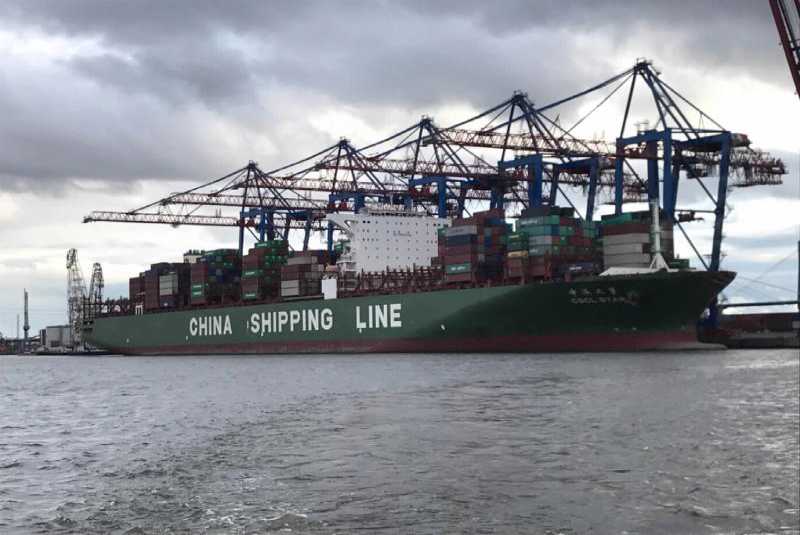×
The Standard e-Paper
Join Thousands Daily

Evidence of Growing Chinese Economic clout at the port of Hamburg in Germany. Will Kenya benefit from this growth? [Photo by XN Iraki].
This past week, US President Donald Trump hosted President Uhuru Kenyatta in the White House.